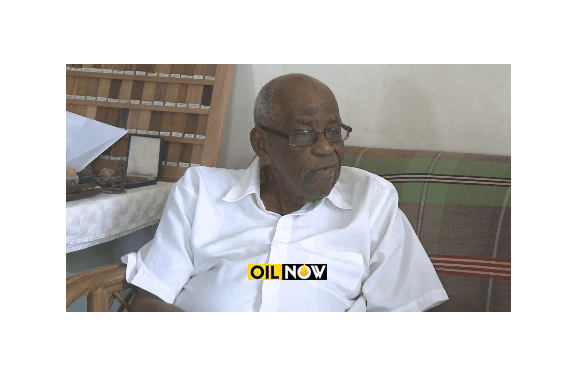Former Guyanese Foreign Minister, Rashleigh Jackson is of the view that the international community would be inclined to support the decision of the International Court of Justice (ICJ) in the border controversy proceedings with Venezuela, even if that country follows through with its decision not to participate in the process.
Mr. Jackson, who served as minister with responsibility for foreign affairs under the People’s National Congress (PNC) Administration said Venezuela’s contention that the UN Secretary General overstepped his authority in referring the case to the ICJ has no basis in reality.
“I think this is a kind of political sleight of mind because the Geneva Agreement which Britain and a non-independent Guyana at the time entered, made provision for the two countries to give the Secretary-General of the United Nations the authority to choose a means of settlement from among those contained in article 33 in the charter of the United Nations and the Secretary-General chose the judicial settlement and the ICJ as the organ to implement the judicial settlement,” he said during an interview at his Republic Park, East Bank Demerara Residence on Tuesday.
The former Foreign Minister was at the time reacting to Venezuela’s decision not to participate in the ICJ proceedings. The Maduro administration said on Monday, in keeping with its previous position, that it does not recognize the ICJ as having jurisdiction to hear the matter.
Mr. Jackson said the fact that Venezuela had previously agreed, under the Geneva Agreement of 1966, to give the United Nations Secretary-General the authority to choose a means of peaceful settlement, “cannot now by a slight of mind say that the Secretary-General acted outside of his authority.”
Additionally, he added that “by not participating in the proceedings, Venezuela denies itself the opportunity to make its case for its contention that the arbitral award of 1899 is null and void.”
Guyana’s Ministry of Foreign Affairs, in a statement on Monday afternoon, said it will proceed as initially stated with the matter at the ICJ.
Expressing his view on this, Mr. Jackson said, “If as I hope and expect the ICJ decides in Guyana’s favour then you have a situation in which the ICJ would declare the arbitral award of 1899 valid and Venezuela’s contention as baseless and that is the situation that we will have to deal with; what is the impact in Guyana, in Venezuela and the international community.”
Jackson is also hoping that good sense prevails and Venezuela reverses its position. “The international community as a whole generally would support the ICJ’s decision. At least Guyana would seek to secure the support of the international community in which case Venezuela will be isolated. I hope that in due course good sense will prevail and that Venezuela will see the wisdom of following as a peaceful means of the settlement of the controversy and do not resort to non-peaceful means of settling the controversy.”
Meanwhile, Guyana’s Ministry of Foreign Affairs said that its’ decision to proceed with the matter is guided by Article 53 of the Statute of the Court, which states that whenever one of the parties does not appear before the court or fail to defend its case, the other party may call upon the court to decide in favor of its claim.
The Ministry further stated that it hopes that in due course, Venezuela will reconsider its decision and participate in the legal process to defend its case.
However, the Ministry noted that if Venezuela persists in its refusal to participate then the court will have no choice but to proceed, after a full hearing of the case, to a final judgment that is legally binding on both parties.




